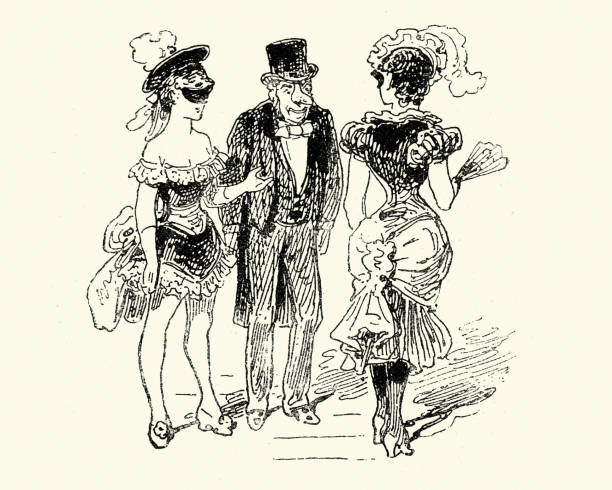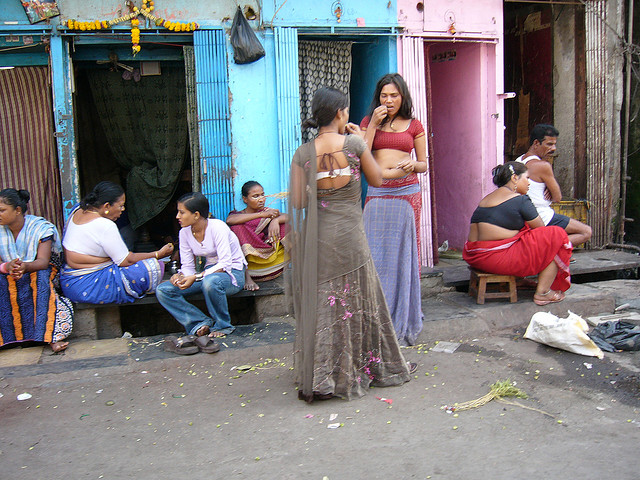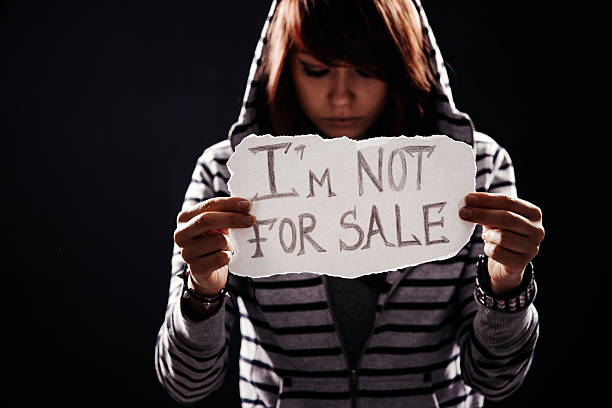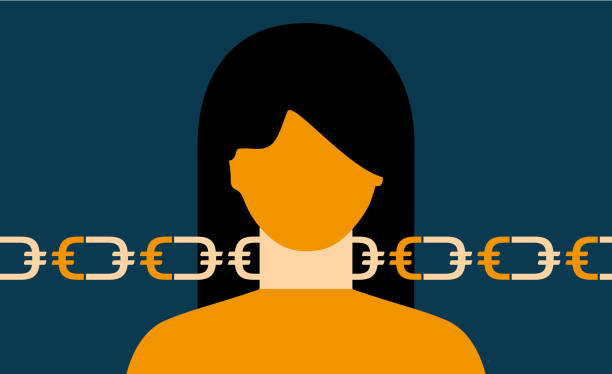Prostitution in India remains a complex and controversial topic, steeped in historical traditions and contemporary challenges. As we navigate through 2024, the discourse surrounding prostitution is more relevant than ever, especially in light of ongoing debates about its legality, societal implications, and the rights of sex workers. This comprehensive analysis aims to explore the multifaceted nature of prostitution in India, delving into its historical roots, legal status, societal perceptions, economic dimensions, and human rights concerns.

In This Post
ToggleHistorical Background of Prostitution in India
Prostitution in India is not a modern phenomenon. Its roots can be traced back to ancient times, where it was often entwined with religious and cultural practices.
- Ancient and Medieval Times: In ancient India, prostitution was not merely tolerated but was an integral part of the societal fabric. The Devadasis, temple dancers dedicated to serving deities, often found themselves in roles that blurred the lines between religious service and sexual exploitation. Courtesans, or ‘ganikas,’ were respected figures in society, known for their cultural and artistic contributions.
- British Colonial Era: The advent of British rule brought significant changes to the perception and regulation of prostitution. The British sought to control and regulate the practice, leading to the establishment of red-light areas and brothels in major cities. The laws introduced during this period, aimed at curbing venereal diseases among soldiers, laid the foundation for the legal framework that continues to influence the status of prostitution in India.
- Post-Independence to Present Day: After gaining independence, India retained many of the colonial-era laws related to prostitution. However, the societal and legal landscape has seen considerable shifts. Today, prostitution in India is a complex issue, shaped by various socio-economic factors, legal challenges, and evolving public perceptions.
Is Prostitution Legal in India?
The legality of prostitution in India is a subject of much debate and confusion. While prostitution itself is not illegal, many associated activities are criminalized, leading to a murky legal environment.
- Legal Status and Framework: The primary law governing prostitution in India is the Immoral Traffic (Prevention) Act (ITPA) of 1956. Under this act, the act of selling sex is not illegal, but activities such as soliciting clients, running brothels, and pimping are criminal offenses. This creates a paradox where prostitution is technically legal, but the means of practicing it are heavily restricted.
- Court Verdicts and Judicial Interpretations: Over the years, Indian courts have played a crucial role in shaping the legal landscape of prostitution. Notable judgments have highlighted the need to protect the rights of sex workers while also addressing concerns about trafficking and exploitation. However, the lack of a clear legal framework continues to create challenges for both law enforcement and sex workers.

Societal Perspectives on Prostitution in India
Societal attitudes toward prostitution in India are deeply rooted in cultural, religious, and moral beliefs. These perspectives have a profound impact on the lives of sex workers, shaping their experiences and the challenges they face.
- Social Stigma and Marginalization: Sex workers in India face significant social stigma, often being ostracized and marginalized by society. This stigma not only affects their personal lives but also limits their access to essential services such as healthcare, education, and legal protection. The societal perception of sex work as immoral and degrading perpetuates a cycle of marginalization and exploitation.
- Public Opinion and Media Representation: The portrayal of prostitution in Indian media has a significant influence on public opinion. Often, sex workers are depicted as victims or criminals, reinforcing negative stereotypes. However, there has been a gradual shift in recent years, with more nuanced representations emerging that highlight the complexities of sex work and the need for greater empathy and understanding.
The Economic Dimensions of Prostitution in India
The economic aspects of prostitution in India are multifaceted, encompassing issues of livelihood, exploitation, and societal impact.
- Prostitution as a Livelihood: For many individuals, prostitution is a means of survival, driven by economic necessity. Poverty, lack of education, and limited employment opportunities often force people, particularly women, into the sex industry. Despite the significant risks and challenges, sex work provides a source of income for those who have few alternatives.Economic
- Exploitation and Vulnerability: The economic vulnerability of sex workers makes them prime targets for exploitation by traffickers, pimps, and brothel owners. Many sex workers operate in conditions that are akin to modern-day slavery, with little control over their earnings or working conditions. The lack of legal protection exacerbates their vulnerability, leaving them at the mercy of exploitative networks.
- Economic Impact on Society: Prostitution has a broader economic impact on society, influencing local economies and social structures. In some areas, the sex industry plays a significant role in the local economy, providing jobs and contributing to economic activity. However, this economic contribution is often overshadowed by the negative social consequences, such as the perpetuation of poverty and the spread of sexually transmitted infections (STIs).

Human Rights Concerns and Challenges
Human rights issues are central to the discussion of prostitution in India. Sex workers often face severe violations of their basic rights, ranging from physical abuse to lack of access to essential services.
- Violation of Rights: Sex workers in India are frequently subjected to violence, harassment, and exploitation. They often lack access to basic rights such as healthcare, education, and legal protection. Human trafficking remains a significant concern, with many women and children being forced into prostitution against their will.
- Efforts to Improve Conditions: There have been various efforts by the government, NGOs, and civil society to improve the conditions of sex workers. Initiatives aimed at providing healthcare, legal aid, and rehabilitation services have made a difference in the lives of many sex workers. However, these efforts are often hampered by societal stigma and legal challenges.
- The Debate on Legalization: The question of whether prostitution should be fully legalized in India is a topic of ongoing debate. Proponents argue that legalization would provide greater protection for sex workers and reduce exploitation, while opponents believe it would legitimize a practice that is inherently exploitative. Countries where prostitution is legalized provide valuable case studies, offering insights into the potential benefits and drawbacks of such a policy in India.
Health Issues and Public Health Concerns
Health concerns, particularly regarding STIs and mental health, are critical issues in the context of prostitution in India.
- Sexually Transmitted Infections (STIs) and HIV/AIDS: The prevalence of STIs, including HIV/AIDS, among sex workers in India is alarmingly high. This is due to a combination of factors, including limited access to healthcare, lack of education about safe sex practices, and the stigma associated with seeking medical help. Public health interventions aimed at reducing the spread of STIs have had some success, but significant challenges remain.
- Public Health Policies and Interventions: The Indian government, along with various NGOs, has implemented several programs to address the health needs of sex workers. These include initiatives to provide condoms, regular health check-ups, and education about safe sex practices. Despite these efforts, many sex workers continue to face barriers to accessing healthcare, including fear of discrimination and harassment.
- Mental Health of Sex Workers: The psychological impact of prostitution on sex workers is profound. Many suffer from mental health issues such as depression, anxiety, and post-traumatic stress disorder (PTSD), often as a result of the abuse and exploitation they endure. Mental health services for sex workers are limited, and there is a pressing need for more comprehensive support systems.

The Role of Law Enforcement and the Judiciary
Law enforcement and the judiciary play crucial roles in shaping the realities of prostitution in India.
- Law Enforcement Practices: The relationship between sex workers and law enforcement agencies is often fraught with tension and mistrust. Police are responsible for enforcing laws related to prostitution, but reports of corruption, abuse, and exploitation by law enforcement officials are common. Sex workers frequently face harassment and extortion from police officers, further marginalizing them and limiting their access to justice.
- Judicial Activism and Reforms: Indian courts have played a significant role in addressing issues related to prostitution. Judicial activism has led to several landmark judgments aimed at protecting the rights of sex workers and ensuring their access to basic services. However, there is a need for more comprehensive legal reforms that address the complexities of prostitution and provide greater protection for sex workers.
International Comparisons and Lessons
Looking at the global landscape can offer valuable insights into the issue of prostitution in India.
- Global Legal Frameworks on Prostitution: Different countries have adopted varying approaches to the legality of prostitution, ranging from full legalization to stringent criminalization. Examining these legal frameworks provides important lessons for India, particularly in terms of balancing the protection of sex workers’ rights with the need to combat exploitation and trafficking.
- Case Studies: Countries like the Netherlands and New Zealand, where prostitution is legalized and regulated, offer case studies that highlight the potential benefits and challenges of legalization. On the other hand, countries with strict anti-prostitution laws, such as Sweden, provide a contrasting perspective, focusing on reducing demand and criminalizing buyers rather than sellers.

Conclusion
Prostitution in India is an intricate issue that intertwines legal, social, economic, and human rights dimensions. While the practice has deep historical roots, it continues to be surrounded by legal ambiguity and societal stigma. As the discourse on prostitution evolves, it is essential to consider the rights and well-being of sex workers, ensuring that they are not marginalized or exploited.
The debate over whether prostitution should be fully legalized in India remains ongoing, with compelling arguments on both sides. Advocates for legalization argue that it could lead to better regulation, reduce exploitation, and protect the rights of sex workers. Critics, however, caution against the potential for increased trafficking and exploitation.
Ultimately, addressing the issue of prostitution in India requires a multi-faceted approach that includes legal reform, societal change, economic support, and enhanced public health measures. It is only through such comprehensive efforts that the complexities of prostitution can be addressed, and the rights and dignity of sex workers can be upheld.
FAQ's
Prostitution itself is not illegal in India, but many related activities, such as soliciting clients, running a brothel, and pimping, are criminalized under the Immoral Traffic (Prevention) Act (ITPA) of 1956.
Sex workers in India face numerous challenges, including social stigma, economic exploitation, lack of legal protection, violence, and limited access to healthcare and education.
Proponents of legalization argue that it would help regulate the industry, protect sex workers’ rights, and reduce exploitation. Opponents believe that legalization could increase trafficking and exploitation and that it legitimizes an inherently exploitative practice.
India’s legal framework on prostitution is more restrictive than in countries like the Netherlands and New Zealand, where prostitution is legalized and regulated. However, it is less stringent than in countries like Sweden, where the focus is on criminalizing buyers rather than sellers.
Law enforcement agencies are responsible for enforcing laws related to prostitution, but reports of corruption, abuse, and exploitation by police officials are common. This often exacerbates the challenges faced by sex workers and limits their access to justice.

